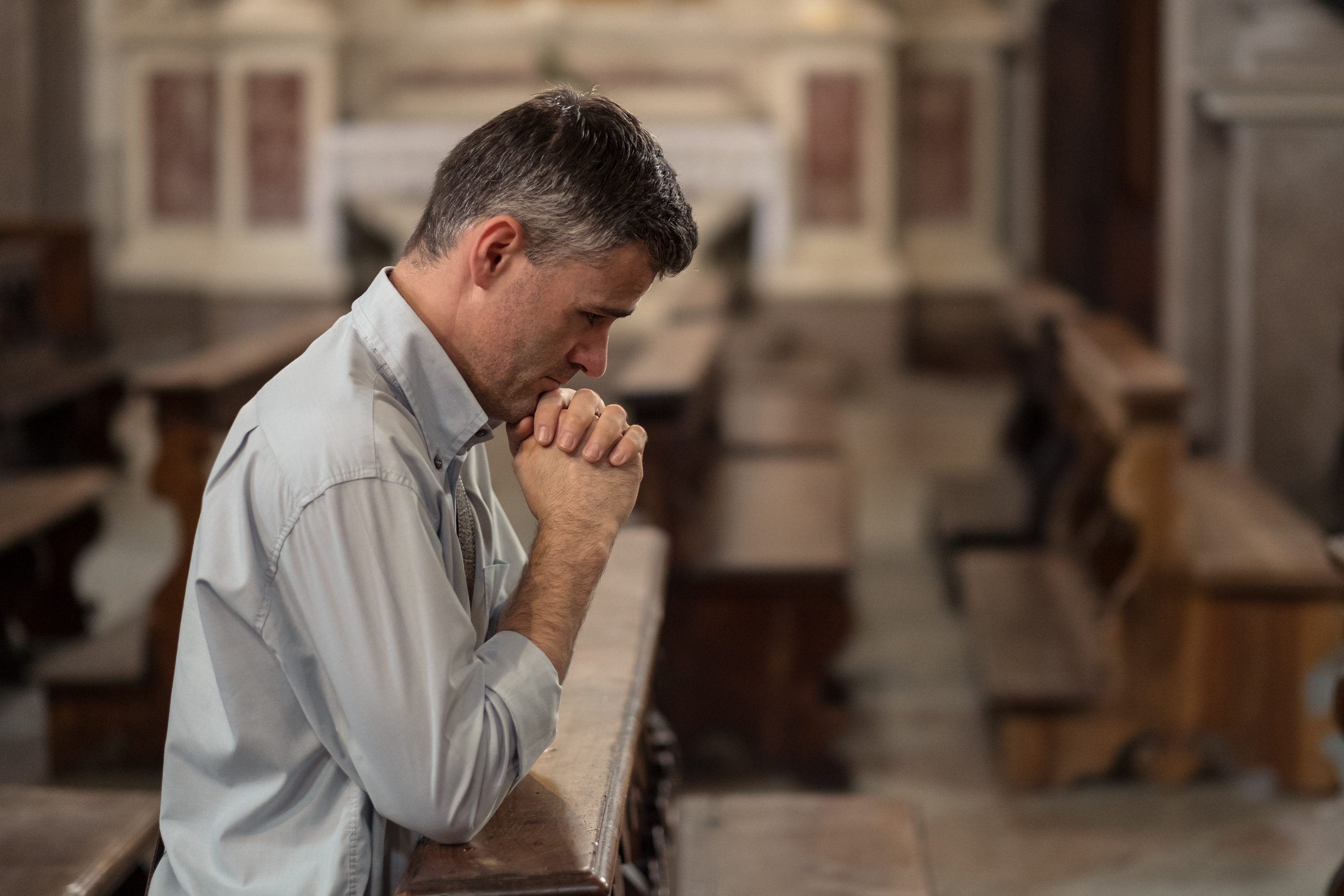
Most of us see tithing as a sacrifice given over to God, never to be seen again. While the first part is true (and needs to be fully true in our hearts), we need to understand more about God’s purposes in the offerings we bring. These purposes are revealed in God’s instructions through Moses in Deuteronomy 14:
Be sure to set aside a tenth of all that your fields produce each year. Eat the tithe of your grain, new wine and oil, and the firstborn of your herds and flocks in the presence of the Lord your God at the place he will choose as a dwelling for his Name, so that you may learn to revere the Lord your God always.
But if that place is too distant and you have been blessed by the Lord your God and cannot carry your tithe (because the place where the Lord will choose to put his Name is so far away), then exchange your tithe for silver, and take the silver with you and go to the place the Lord your God will choose. Use the silver to buy whatever you like: cattle, sheep, wine or other fermented drink, or anything you wish. Then you and your household shall eat there in the presence of the Lord your God and rejoice.
Giving the tithe is about relationship, not rules
God meant for the tithe to not just be set aside and delivered over, but rather brought and SHARED between God and the giver. As we say often in our teaching, it’s not about the rules, its about the RELATIONSHIP.
Notice that if one was SO blessed by God that he couldn’t reasonably carry it all the way to Jerusalem, he was to sell his tithe of produce or animals, then go to Jerusalem, spend it on whatever his heart desired.
Do you see the freedom and celebration in this?
God doesn’t want to just take a portion away from you as a discipline and a reminder of his blessing, He wants to share the joy of your prosperity together!
God’s generosity overlooks no one. In the next verse he says, And do not neglect the Levites living in your towns, for they have no allotment or inheritance of their own. (v. 27)
As you brought the portion to share and enjoy with God, he asked that you remember the Levites — those He assigned to serve Him full time, who had no land, crops or herds of their own with which to sustain themselves.
The joy of sharing your blessing
We see another reason why God wants to abundantly bless you — so that together you and He could share in the joy of taking care of the needy:
At the end of every three years, bring all the tithes of that year’s produce and store it in your towns, so that the Levites (who have no allotment or inheritance of their own) and the aliens, the fatherless and the widows who live in your towns may come and eat and be satisfied, and so that the Lord your God may bless you in all the work of your hands.
His way was that every third year, the worshiper was to take the tithe of produce for his celebratory meal with the Lord to a special storehouse for the Levites, the poor, and the alien, so they would have plenty. As I see it, God said to his worshiper, Let’s you and I fast part of our feast together every third year, and give it to the needy.
Our daughter observes a season of Lenten fasting with her Anglican community. The weekdays are given to keeping certain fasts, but Sundays are granted as feast days – a window of grace, a joyful reprieve from the restrictions of the week. It both heightens the pleasures of the things not had during the week, and gives encouragement for keeping fasts in the week to come.
The self-denial factor
There is nothing like self-denial to renew the joy of the good things given by God. Another part of the Anglican tradition during the Lenten season is giving to the needy.
It seems to me they have gotten it right concerning the heart of God in this matter. It’s not just about self-denial, it is about relating rightly — to God and to the community — in our blessedness.
In the end we have the promise that God will bless you in all the work of your hands. What a God. What character! What values!
What a relationship!
The Giving Cycle
The seven-year cycle was:
- Years one and two, bring the tithe of your produce and the firstborn of your livestock to God, to enjoy it with Him in a feast.
- The third year you give the produce away.
- In years four and five, you feast with God again.
- The sixth year, you give much of it away to the needy
- In the seventh year, the Sabbath year, all debts are forgiven; all those who have become enslaved are set free with a fresh start.
Think of what our world could be today with such an economy in place!
At Easter we celebrate the most extravagant gift of all: Jesus. He is the gift of a life shared with God, of freedom from death and bondage to sin. Some of you fast in some way as you walk towards Easter. Why?
To symbolically walk alongside your Savior to that place of giving all.
When the fast is over, may you go to the Lord and your community and celebrate with all your heart, and bring the poor in spirit with you.
Related Posts
A Fast from Self-ishness
Do you remember those parental scoldings that turned into lectures — where all you could …







Leave A Comment